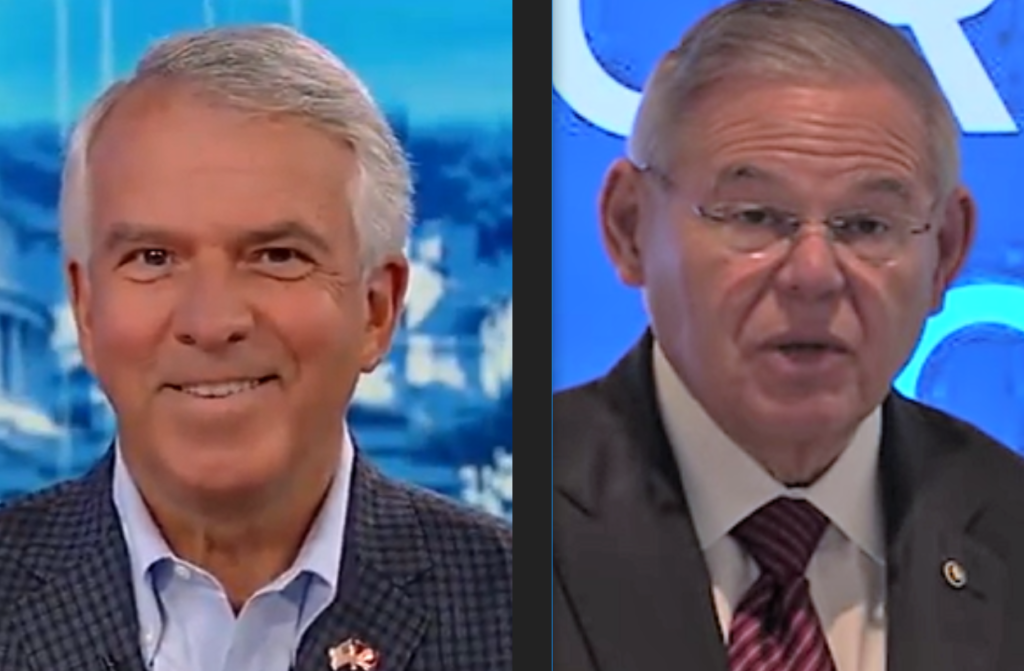ANALYSIS: The Fine Print on that Quinnipiac U.S. Senate Poll

New Jersey Republicans are feeling giddy today.
That's an exaggeration, but not by much.
Enthused by a new Quinnipiac University poll on the Bob Menendez-Bob Hugin race, state GOP chair Doug Steinhardt dispatched a memo Wednesday that made the following point.
"Bob Hugin is closing in on Senator Menendez. The contrast between the two Bobs is clear and our message is resonating with voters."
The poll that has Republicans excited shows Hugin six points behind Menendez, 43 to 37 percent.
While this is outside the margin of error, the GOP is buoyed by the fact that a previous Quinnipiac poll found Menendez up by 17 points.
Republicans, not surprisingly, are trying to use the poll to excite their base and. of course, their volunteers.
In Morris County, a place where Hugin needs a big win, county Republicans are telling volunteers that they have a chance to do what the GOP has not done in New Jersey for about two generations - elect a Republican senator. And the county party is inviting volunteers and supporters to a Thursday night cookout at its campaign headquarters in Whippany. Hmm, is there anything better on a summer night than hot dogs, burgers and politics?
Today's poll notwithstanding, it's worth noting that Hugin has been advertising on TV all summer telling voters Menendez is corrupt.
Menendez just began advertising and one of his first ads is a nasty one, accusing onetime pharma executive Hugin of financing his campaign by selling costly drugs to cancer patients.
No one can predict the future, but you have to expect Menendez' polling to improve as his advertising continues.
Those who read the fine print of the Quinnipiac poll found another possible sign of trouble for Hugin - Donald Trump.
The poll found the president's approval rating in New Jersey at 33 percent. Some 63 percent disapproved.
That's not going to help Hugin.






The Quinnipiac poll has a serious flaw. It asks respondents whether they will vote for Senator Menendez (D) or Bob Hugin (R). It then includes this very vague category of "Someone else." It's no surprise that very few respondents will choose "Someone else." If the poll is going to ask if people will vote for someone other than the Democrat or Republican, it should also show those candidates some respect by naming them and their political affiliations. I think the results of the poll would turn out quite differently -- and certainly the public will be informed of the presence of other candidates in the race. When our polling companies and our non-profit organizations limit their inquiries to just the Democrat and the Republican they are contributing to 1. the continued ignorance of the voting population and 2. the built-in bias toward independent political parties. Let the people know all the candidates and their political party affiliation and then let the people decide. In the last statewide election for governor, held in 2017, less than 40% of those eligible to vote actually voted. These kinds of polls reinforce that pathetically low turnout.